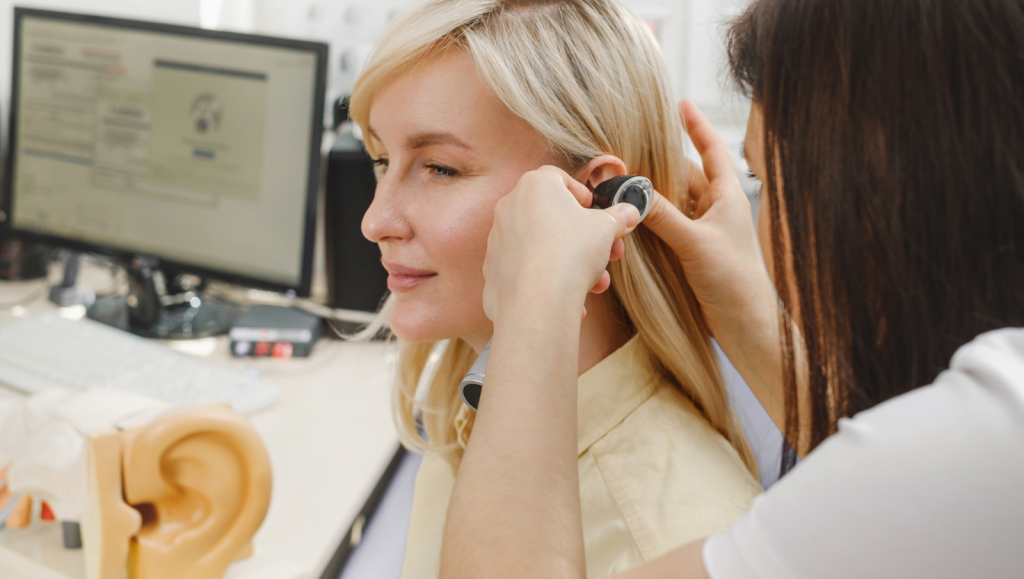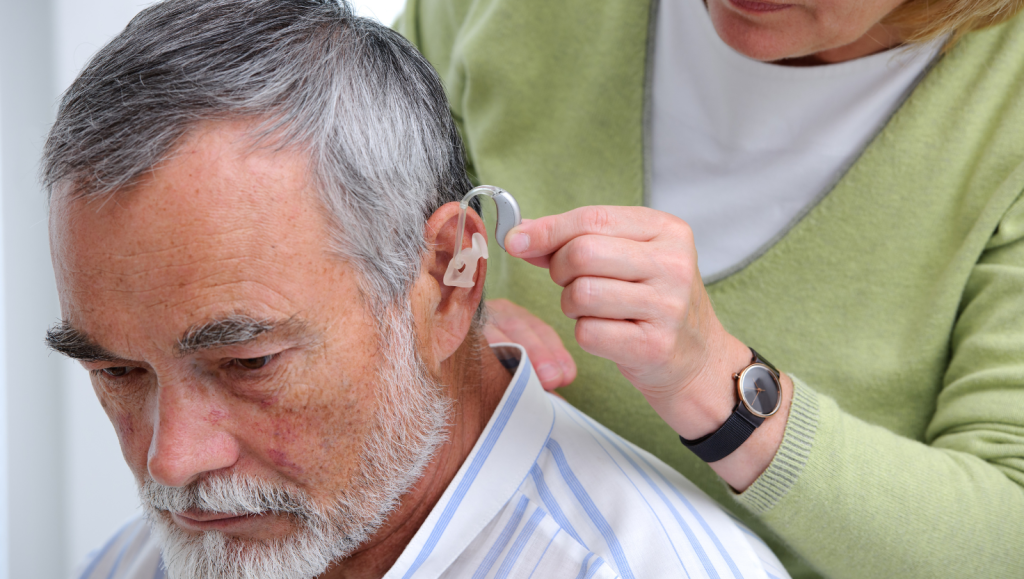Hearing impairment is a prevalent issue that can affect individuals of all ages, hearing tests can help in early detection of this condition. The expenses associated with these tests in Australia can vary based on multiple factors, including the type of test being conducted, the specific doctor or clinic chosen, and whether any portion of the costs will be covered by a Health Fund, the government, or an insurance provider. This article explores the various expenses you may face when pursuing hearing tests in Australia, aiming to raise awareness about the financial aspects associated with these assessments.
Understanding Hearing Tests

Before diving into the costs, it’s important to have a quick overview of what a hearing test entails. Audiometry refers to the hearing test conducted by audiologists or specialists for individuals facing challenges with their hearing abilities.
The typical process involves:
Audiometry: Audiometry is an acoustics test where you’ll need to identify pure tones that vary in loudness and frequency.
Speech Audiometry: Speech audiometry is a test designed to assess the patient’s hearing ability in relation to speech sounds.
Tympanometry: Tympanometry is a test that evaluates how well the ossicles in the middle ear are functioning.
Otoacoustic Emissions (OAEs): Otoacoustic Emissions (OAEs) are primarily conducted on infants and children; this test evaluates the inner ear.
Auditory Brainstem Response (ABR): Auditory Brainstem Response (ABR) is a crucial test utilised to detect any damage in the auditory nerve pathways.
Factors Influencing the Cost of Hearing Tests
Type of Hearing Test
Various types of hearing tests exist, and the specific one you need will influence the overall cost of the process. Basic screenings may be more affordable compared to comprehensive or extra tests that can incur higher expenses.
Location
Prices can vary based on your location. Prices are higher in urban areas compared to regional or rural locations.
Healthcare Provider
Prices depend on the selection of your healthcare provider, whether it’s a private audiologist, an Ear, Nose, and Throat (ENT) specialist, or a community health service provider can significantly impact the overall cost of hearing aids. The independent practitioners often charge higher fees compared to public health care organisations.
Insurance and Subsidies
Health insurance and government subsidies both have the potential to significantly reduce the costs associated with hearing tests. Many private health funds actually provide rebates for hearing tests, and there are also various federal government programmes that can be used.
Typical Costs of Hearing Tests
Private Audiologists
The cost for a general check-up with a private audiologist typically ranges from one hundred to three hundred dollars. The cost for a comprehensive evaluation, especially if the patient is undergoing tests such as ABR or OAEs, typically ranges from $200 to $500.
ENT Specialists
Seeking the services of an ENT specialist, who is an expert in ear, nose, and throat ailments, may come with a higher cost. The cost of a standard hearing exam typically ranges from $200 to $400. If there are any additional studies or referrals to specialists, costs are likely to increase as well.
Public Health Services
Numerous health clinics, whether situated in communities or within hospitals, often provide hearing tests for free or at a reduced cost based on an individual’s circumstances. These services may take more time compared to private providers.
Hearing Tests for Children and Newborns
In Australia, many states offer two common types of tests for newborn hearing screening, OAEs and ABR. These tests are widely used for infants and young children and are provided at no cost. The expenses associated with different tests can differ based on the child’s age. For patients over 18, these costs typically fall between $150 and $300, depending on the service provider.
Insurance Coverage and Government Subsidies

Private Health Insurance
Numerous private insurance plans are available that can offer either complete or partial coverage for hearing tests. The level of coverage you can anticipate depends on the specific policy you choose. Reaching out to your insurance provider is a smart move to understand what expenses you can expect for your treatment.
Medicare and Government Programmes
Medicare offers coverage for certain hearing services, but the specifics vary based on the type of Medicare plan you have. If you have a doctor’s prescription for a hearing test, it’s possible that Medicare won’t completely deny coverage for it. Another aspect to consider is the availability of hearing aids through institutions like the National Acoustic Laboratories (NAL), where individuals with hearing impairments can access free hearing aids, and in some cases, this may also include coverage for the necessary tests.
Pharmaceutical Benefits Scheme (PBS)
The Pharmaceutical Benefits Scheme, commonly known as PBS, is a vital programme that provides access to necessary medications for the Australian public. With this scheme, drugs are available at a subsidised cost, making healthcare more affordable for everyone. PBS primarily focuses on medications, but it also offers subsidies for hearing aids to eligible individuals, which cover expenses related to hearing tests as well.
Reducing the Cost of Hearing Tests
Check Eligibility for Subsidies
If you’re considering scheduling a hearing test, it’s important to check if you’re enrolled in any government reimbursement programmes.
Compare Prices
Pricing strategies can vary significantly among companies and organisations. Establishing a comparison and contrast among audiologists, ENT specialists, and public health services that offer similar services is a wise approach.
Utilize Medicare Benefits
If you have a medical prescription, consider utilising Medicare benefits that can help cover a portion of the cost of your hearing test through Medicare.
Consider Health Insurance
Obtaining a personal private health insurance plan could be beneficial, particularly if you plan to undergo regular hearing tests.
Free or Low-Cost Options
Go for a local community service or charity organisation, as they often provide free or low-cost hearing tests.
